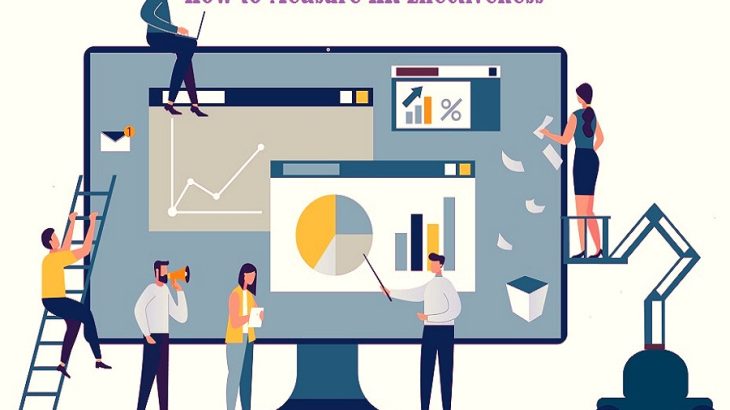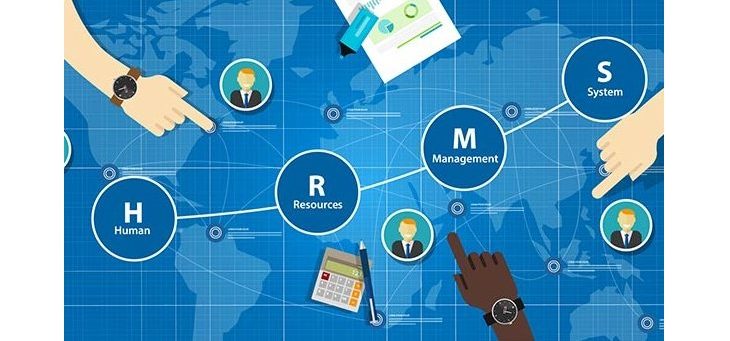
Here, we will discuss 6 HR pillars every organization should be aware of when developing a strategic HR framework. Strategic Human Capital Management (HCM) Human Capital Management (HCM) is a set of practices that cover workforce acquisition, workforce management, and workforce optimization and that contribute to the overall productivity of an organization. Human Capital Management […]














